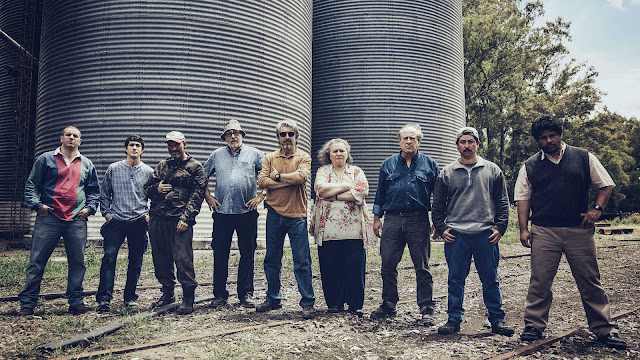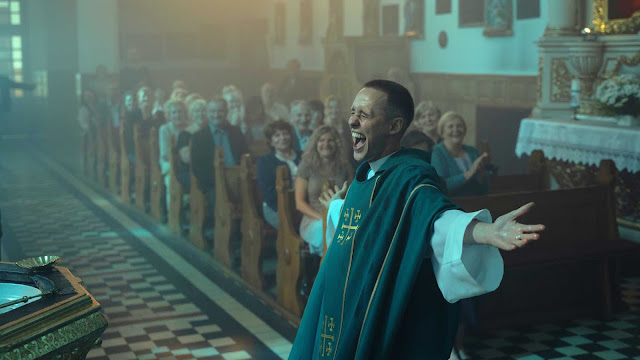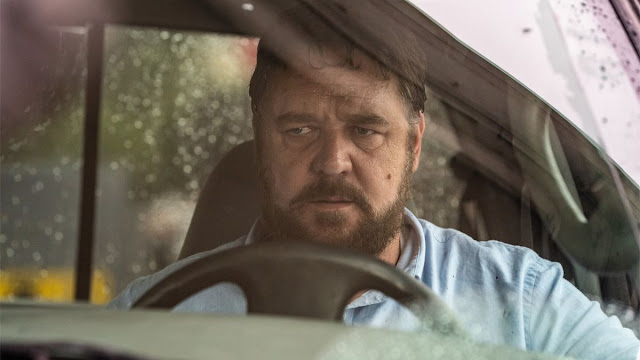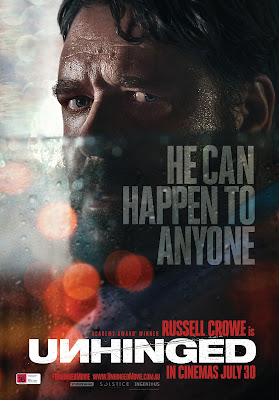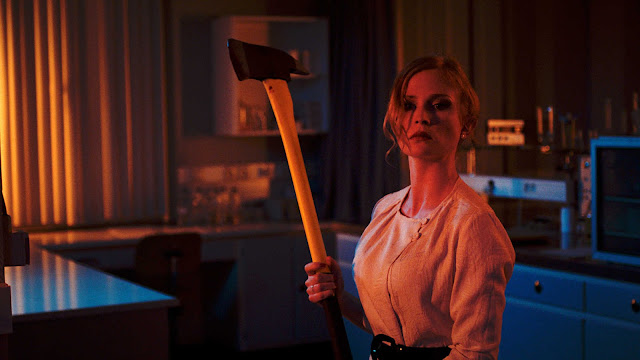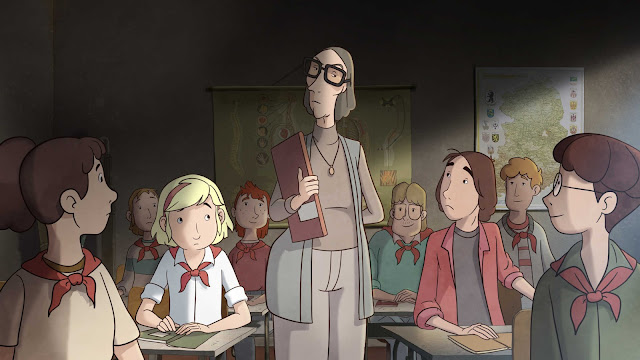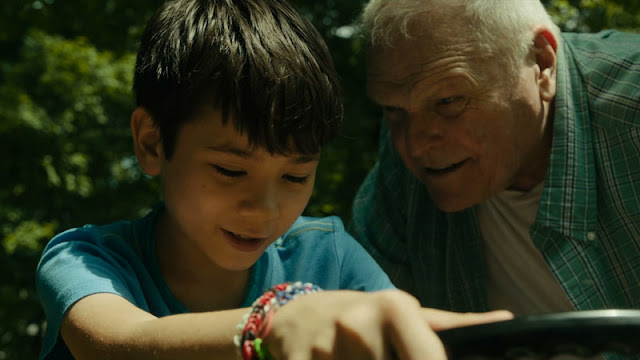Sandra Beerends
Title of your film
They Call Me Babu
Tell us about your 2020
The premiere of They Call Me Babu was at Idfa in Amsterdam, end of November 2019.
The film released directly afterwards and from then on I had a Q&A tour around the country,
which continued in 2020.
Then in the first week of January 2020, I received the ‘Christal Film Prize’ for reaching 10.000 visitors in the cinema, which is huge for a documentary in The Netherlands.
End of January I was visiting Biarritz (France) for the screening on FIPA, where I had a Q&A for a sold- out theatre in the wonderful Casino at the beach.
In February and March I still had Q&As and lectures and won the Audience Prize at IFA .
March 2, I was nominated for The DDG award (Dutch Directors Guild).
How has Covid-19 impacted you and your film?
March 12, was the Award Ceremony for the DDG Award, and then it was cancelled, due to Covid 19.
(March 14, my youngest son was supposed to travel for 4 months to South America, but 1 hour before the plane leaves I read about the outbreak of Dengue and Corona and we cancelled the trip, I am so happy he stayed home)
March 16, all the theatres were closed (after 16 weeks in the theatres for They Call Me Babu)
and all lectures cancelled.
The film was then screened via PICL (on line streaming in cooperation with distributors)
All the film festivals were cancelled or postponed.
May 6-17, screening at on line Dokfest (Munchen/Germany)
May 17, winner Dokfest Horizonte award.
May 19, winner of BUMA award (for the music of Alex Simu for They Call Me Babu)
May 19- 28, screening at on line TDF (Thessaloniki Documentary Film Festival), Thessaloniki (Greece).
May 20, release of the DVD.
June 10-21, selected for Sydney Film Festival (Australia) in the program ‘Europe! Voices of Women’.
June 29, broadcast on NPO 2 (Dutch Television), a lot of publicity on radio, TV and other media, almost 500.000 people watched it.
July 24- August 3, Selected for New Zealand International Film Festival
So about the impact of Covid 19
Everything stopped at our ‘Intellectual lockdown’ (as called by our Prime Minister Mark Rutte).
But I was lucky to already have had a wonderful premiere at IDFA, 16 weeks in the theatres and wonderful (inter)national reviews). So for me it was- although sad - not a big deal to be screened only on line. And it did bring me an award at Dokfest and maybe a greater audience and publicity at Sydney Film Festival. The only restriction about not screening at online festivals is for Indonesia.
Because the film is about the history of Indonesia, from the perspective of an Indonesian young woman, working as a nanny for a Dutch family, I really want to be there when it is screened.
For me, as a filmmaker with Indonesian roots, it is very important to talk about the film with the Indonesian public. There is a lot of discussion going on about our ‘shared’ history. And I hope this film can be a start to look together at our history and share our feelings.
I want to end with saying that I am very happy to have been selected for the NZIFF and I hope a lot of people will see it.
What's the moment you wish audiences were seeing in a theatre, and why?
See also question 7.
But in general, looking at a film in the theatre can be magic!
Maybe, people online don’t look at the credits, and that is a pity, because it is there I made a special moment to make a tribute to all the women who contributed with their stories. I made a kind of graphic moment to get them out of the shadow, mirroring the scene with the white kapok (plantseeds used for pillows and matrasses), in which you will see the women responsible for tossing up the kapok. And because it has been a life changing journey for Alima, the music for the credits is kind of consoling to give the audience a moment to come back to reality.
What have you learned about film-making, the film-making community and the film-going audience during the pandemic?
From one moment to the other, it felt like there was suddenly a virus attack, like in a movie. The whole world stopped and so did the film industry. Luckily in The Netherlands there was a financial allowance from the government and the National Film Fund. After some weeks people start to make movies with others by ‘zoom’, developing new stories and plans and film ‘beautiful silent Amsterdam’. The film audiences looked at all kind of online platforms, mostly for free, but after some time, it was boring, nothing new and then luckily there were all the books that you planned to read one day…
What's the single best moment of your film?
How can I prefer one single moment? Every moment is precious to me…
But if I have to, maybe it is the moment that my main character Alima falls in love with Riboet (before that she felt very lonely without the Dutch kid Jantje, she was taking care of) and this love, triggered not only her female physical awareness but also her intellectual and political awareness and she feels she can contribute to the world and feels connected to the women in the world.
The music support her emotions from loneliness, to falling in love, to I can dream, I can make a difference, I feel connected to all the women. And the portraits of all this different women are beautiful.
What do you plan to do next in terms of filmmaking?
I have lots of Ideas but they are all growing inside, as a kind of creative pregnancy.




